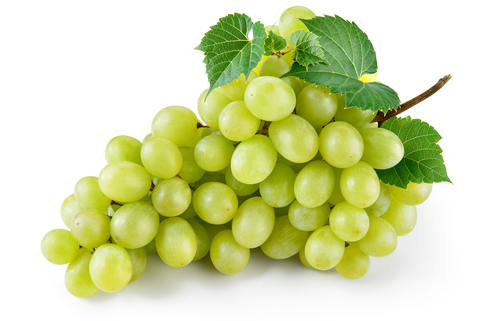Dogs & Grapes – What You Need to Know
People may know that grapes (and raisins) are highly toxic to dogs. However, they may not know why. We are here to help explain the ins and outs of grape toxicity. The thing about grapes is that they are toxic to dogs, regardless of breed, age, or gender. Did you know that grape toxicity is linked with kidney damage? Eating the fruit can result in sudden kidney failure and even death.
You may be wondering why grapes are toxic to dogs. The toxic substance in grapes is unknown, but dogs cannot metabolize tannins, flavonoids, and monosaccharides from grapes. Keep in mind that all grapes, whether cooked, seedless, peeled, dried, or fresh, are toxic to dogs, even in small amounts. It is important to know that you should also avoid giving your dog any grape products such as raisins, juices, jelly, or jams.
What do you do if your dog eats a grape? Even very low amounts of grapes can be harmful to your dog. You need to contact your veterinarian as soon as possible. They may be able to induce vomiting so your pet is in the clear instead of waiting for serious symptoms which can be fatal. These include:
- Seizures
- Anorexia
- Comas
- Dehydration
- Vomiting
- Diarrhea
- Lethargy
There are ways that you can prevent grape poisoning in your four-legged friend. Obviously, grapes, raisins, and currants should never be fed to dogs. The best way to prevent them from eating these items is to keep the food away from them. Make sure that all family members and visitors know that grapes are toxic to dogs.



